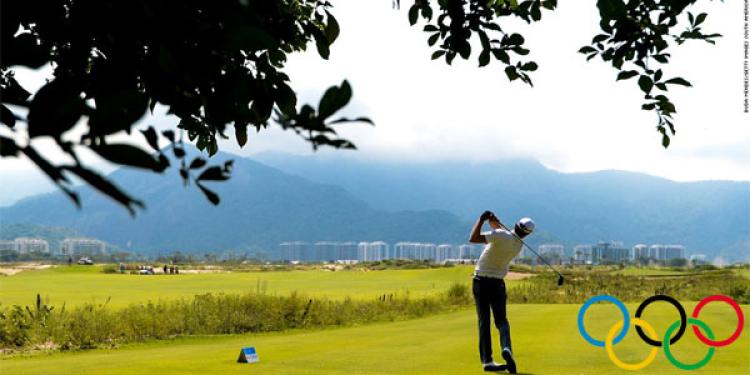Is There a Future for Golf at the Olympics?
Posted: July 15, 2016
Updated: October 6, 2017

Do the withdrawals of Jordan Spieth and Rory McIlroy mean there is no future for golf at the Olympics?
Most online sportsbooks in the UK haven’t yet revealed their odds for the Olympic golf tournament, because nobody knows who will actually play! Many of the world’s best golfers, including all of the top four players – Jason Day, Dustin Johnson, Jordan Spieth and Rory McIlroy, have withdrawn from the competition. However, golfers seem to have different ideas about the future for golf at the Olympics.
s
Most golfers who have withdrawn have expressed regret, claiming that their fear about Zika virus is too much for them to participate. It may seem a legitimate concern, though raises questions why athletes from other disciplines have not withdrawn is such great numbers. The golf course, outdoors and built on swampland, will be more exposed to Zika-spreading mosquitos than, for instance, swimmers or track-and-field. However, in the colder months of August and September there will be a reduced risk of infectionThere is a suspicion that they are using merely as an excuse to avoid a competition they see as an irrelevant distraction from their already busy schedule.
Spieth and McIlroy have different opinions on the future of golf at the Olympics
When golfers have withdrawn from the competition, most have expressed sadness that they can’t compete in the Olympics and help spread the sport around the world. Two-time major winner Jordan Spieth went further, though: he called the choice to stay at home the “toughest decision of my life”. He claimed that he struggled with the decision, but health concerns meant he couldn’t commit to the event.

Rory McIlroy has a very different view, though. His original statement was similar to Spieth’s, claiming that “My health and my family’s health comes before anything else”. However, upon later questioning he admitted that he hadn’t found it as tough as choice as his American rival had: “I don’t think it was as difficult as decision for me as it was for him.”, and he rejected claims that by not attending Rio he was “letting the game down”
Rory doesn’t care much about the future of golf at the Olympics
While the PR-friendly attitude is to express a desire to spread the game of golf far and wide, McIlroy has received criticism for not sticking to the script. When the press criticised him for not caring sufficiently about how his absence would hurt the popularity of golf he admitted, “ I got into golf to win. I didn’t get into golf to get other people into the game”.

While this opinion may seem selfish, at least he is honest. He even admitted that he might not even watch golf at the Olympics; instead, he’ll “watch the stuff that matters”. While many within golf have been offended by this stance, it’s true that golf is not a traditional Olympic sport. Furthermore, the push to include golf in the Olympic programme was motivated more by the interests of marketing and prestige rather than a sense that golf needed another major event.
The Olympics posed a further problem for McIlroy, as being Northern Irish he had to decide whether to represent Ireland or Great Britain. While he chose to represent Ireland, it’s possible that he doesn’t feel such an instinctive desire to represent Ireland at the Olympics as, for example, Spieth feels bout the United States. Though used to competing individually, he has no such trouble with the team-aspect of the rider cup.
So, is there a future for golf at the Olympics?
We can’t know for sure whether all the golfers who have withdrawn are as sincerely concerned about Zika as they claim. We may have to wait till Tokyo in 2020 to see how much players care. Many have complained that the format for Olympic golf is unoriginal and may be unpopular with ordinary viewers worldwide, especially with the competition of many different events.
However, even if golf were to be a success at the 2020 Olympics, its removal from future Olympics may have already been decided. Golf lovers who want to bet on sport at future Olympics will have to hope that this year’s competition provides more drama than expected; otherwise, it may be too late.












